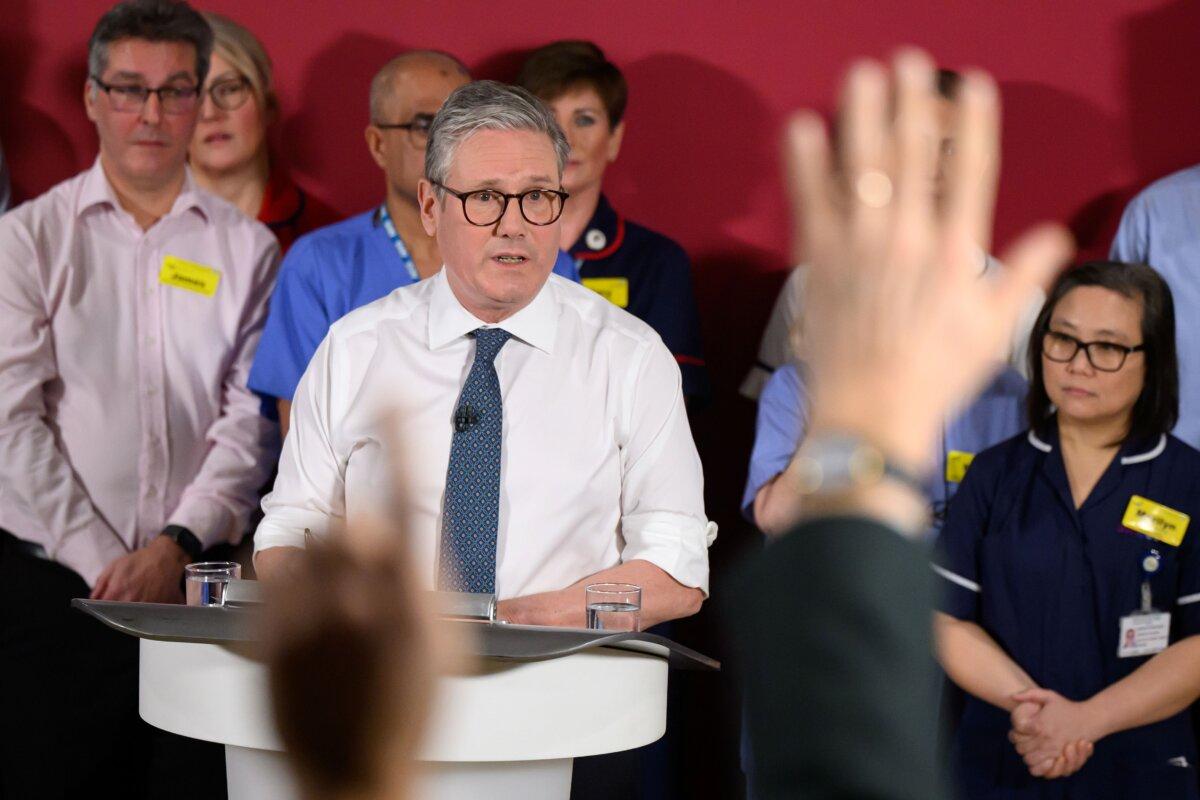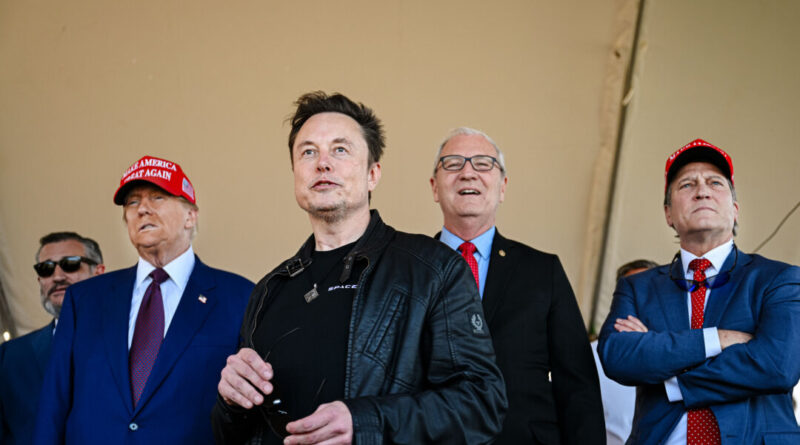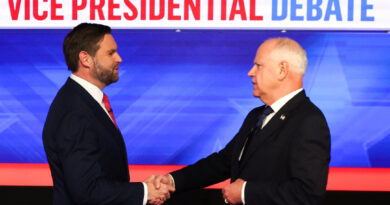European Leaders Respond to Elon Musk’s Growing Political Influence in the United States
Elon Musk, after supporting Trump’s successful bid to return to the White House in 2024, has now become involved in political discussions across Europe.
European leaders are responding to the increasing involvement of billionaire tech entrepreneur Elon Musk in political debates in Europe.
Musk, the wealthiest person in the world, has significantly expanded his political influence in recent years. Since acquiring Twitter in 2022 and rebranding it as X, he has gained a powerful platform and has welcomed many marginalized voices back onto the social media platform.
After supporting President-elect Donald Trump’s successful 2024 campaign, Musk has started to test his influence in Europe.
Musk’s involvement in European political issues has become more frequent and contentious in recent weeks.
In his December 28 op-ed, Musk also defended the AfD against claims of extremism.
“Portraying the AfD as far-right is clearly false,” he wrote.
Musk’s support for the AfD has drawn the attention of German Chancellor Olaf Scholz and U.S. Vice President-elect J.D. Vance. In an interview with Stern, Scholz expressed concern over Musk’s affinity for the party, which he said seeks to improve relations with Russia and poses a threat to transatlantic relations.
During a press conference on Jan. 6, Starmer defended his record as a prosecutor and pledged to continue supporting victims of child sexual abuse. He welcomed discussions on the matter but emphasized that he would not tolerate discussions based on falsehoods.

British Prime Minister Sir Keir Starmer takes questions from the media during a visit to the Elective Orthopaedic Centre at Epsom Hospital in Epsom, England, on Jan. 6, 2025. Leon Neal/Getty Images
An Outside Influence
Nigel Farage, a UK parliament member and leader of the right-wing populist Reform UK Party, mentioned last month that he had discussed receiving a donation from Musk.
The UK has strict regulations on campaign donations, restricting contributions to British voters or companies registered in the country. As X has a UK office, this could provide a way for Musk to support Farage’s party.
Starmer’s spokesman Dave Pares has stated that the UK Labour Party is working to strengthen existing safeguards against “impermissible proxy donations.”
Other European leaders have also started expressing concerns about foreign political influence.
“Who could have imagined, 10 years ago, that the owner of one of the world’s largest social networks would directly intervene in elections, including in Germany?” French President Emmanuel Macron remarked on Jan. 6.
On the same day, Norwegian Prime Minister Jonas Gahr Støre advocated for confining Musk’s political influence to the United States.
“This is not how things should be between democracies and allies,” he added.
Macron and Scholz are also facing challenges.

French President Emmanuel Macron (C) poses with U.S. President-elect Donald Trump (L) and Ukrainian President Volodymyr Zelenskyy (R) at the Elysee Palace in Paris on Dec. 7, 2024. Aurelien Morissard/AP Photo
Jacob Reynolds, the head of policy at the European political think tank MCC Brussels, noted that leaders like Scholz, Macron, and Støre are among the most vocal opponents of Musk’s recent involvement in European politics.
“They realize that the narratives they’ve used to justify themselves for the past decade or more have been seriously challenged. Across European countries, voters are rejecting those traditional ways of doing things and establishment politics,” Reynolds mentioned in an interview with The Epoch Times.
While there are differences between the political debates in the U.S. and Europe, Reynolds suggested that Europeans should not disregard Musk simply because he comes from outside. He pointed out that concerns about immigration, environmental policies, and economic stagnation are prevalent on both sides of the Atlantic.
“That’s why populism in the Western world shares many common characteristics. So it’s not surprising that if you were part of the populist revolution in America, you might look to Europe and think, ‘Hey, we have some common ground with these people,'” he explained.
European leaders who oppose Musk’s influence may need to be cautious about offending a key ally of Trump as the president-elect prepares to return to the White House. Reynolds mentioned that these European leaders can criticize Musk to some extent but might be wondering, “How do we do this without damaging our relationship with the future Trump administration?”
An Uneasy Partnership
While conservative and populist movements across Europe may appreciate Musk highlighting their message, forming a partnership may not be straightforward.
Farage suggested that the rift stemmed from a disagreement about Stephen Yaxley-Lennon, a British social media influencer and political activist known as Tommy Robinson.
- California Wildfires Create $57 Billion in Economic Damage: AccuWeather
- At Least 20 Detained for Alleged Looting During Devastating Wildfires in L.A. County – One America News Network





